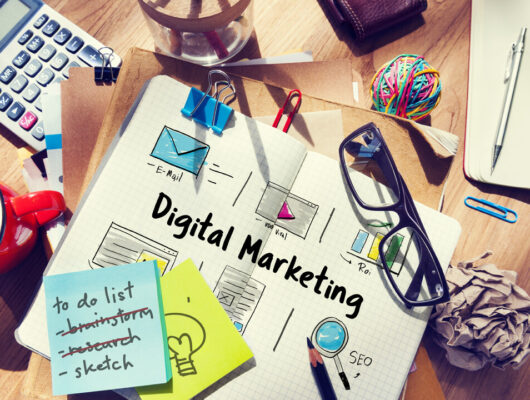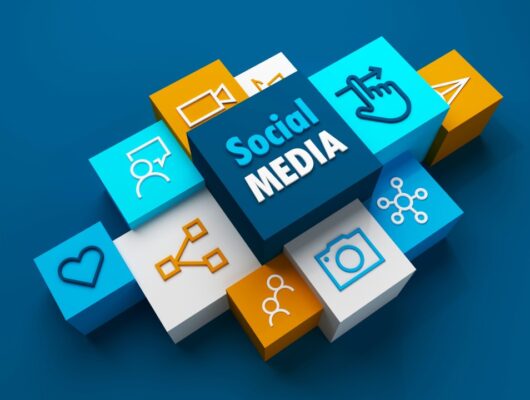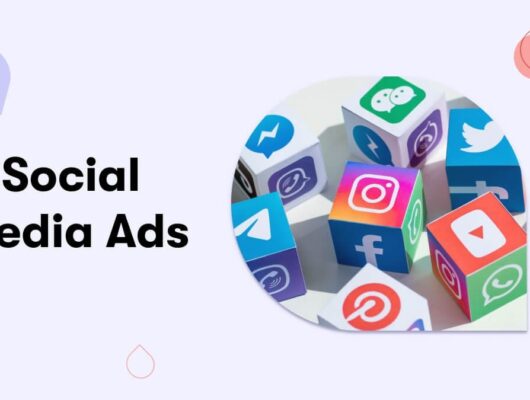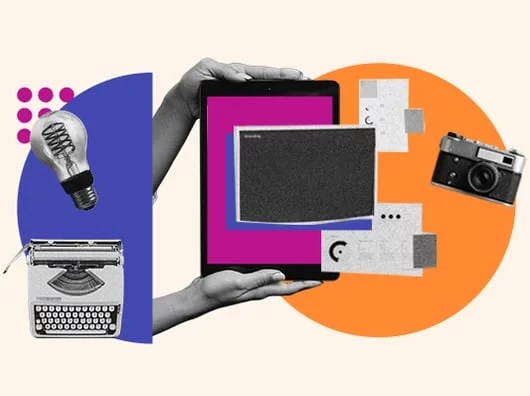In a world saturated with information and choices, personalization has emerged as a beacon of relevance and engagement.
From marketing to healthcare, education to e-commerce, personalization is the key to providing tailored experiences that cater to the unique needs and preferences of individuals.
In this article, we’ll explore the concept of personalization and its applications across various domains.
Understanding Personalization
Personalization is the practice of customizing products, services, content, or experiences to meet the specific preferences and needs of an individual.
It’s all about recognizing that one size does not fit all and acknowledging the diversity among consumers, patients, students, and users.
The Importance of Personalization
- Enhanced Customer Engagement: Personalization plays a crucial role in engaging customers. When individuals receive content or recommendations that align with their interests and behaviors, they are more likely to stay engaged.
- Improved User Experience: Personalized experiences lead to improved user satisfaction. Users appreciate platforms and services that understand their preferences and make their interactions smoother.
- Increased Conversions: In e-commerce, personalization can significantly boost conversion rates. Tailored product recommendations, dynamic pricing, and personalized marketing messages are known to drive sales.
- Healthcare Advancements: In healthcare, personalization extends to treatment plans, medication, and lifestyle recommendations. It allows healthcare providers to create individualized strategies for patients, leading to better health outcomes.
- Educational Progress: Personalized learning in education adapts the curriculum and teaching methods to suit each student’s pace and learning style, making education more effective.
Applications of Personalization
- E-commerce: Online retailers use personalization to recommend products based on a user’s browsing and purchase history. This can increase sales and customer satisfaction.
- Content Recommendations: Streaming services like Netflix and music platforms like Spotify use personalization to suggest movies, shows, and songs based on a user’s viewing and listening habits.
- Healthcare: Personalized medicine tailors treatments and interventions to an individual’s genetics, lifestyle, and health history, increasing the efficacy of medical care.
- Marketing: Digital marketing leverages personalization to send targeted advertisements and messages, ensuring that consumers see content that is relevant to their interests and needs.
- Education: Personalized learning platforms adapt coursework and teaching methods to cater to the individual needs and progress of each student, enhancing the learning experience.
- Customer Support: Companies use personalization to provide better customer service by tailoring support interactions to the customer’s history and preferences.
Challenges and Considerations
While personalization offers many benefits, it also comes with ethical and privacy considerations. Collecting and using personal data must be done responsibly, with user consent and a commitment to data security and privacy.
In conclusion, personalization is a powerful tool that enhances user experiences, engagement, and outcomes across various fields.
By acknowledging and catering to the unique needs and preferences of individuals, businesses and organizations can build stronger connections and achieve better results.
However, it’s crucial to strike a balance between customization and privacy, ensuring that personalization is both effective and respectful of individual rights.






